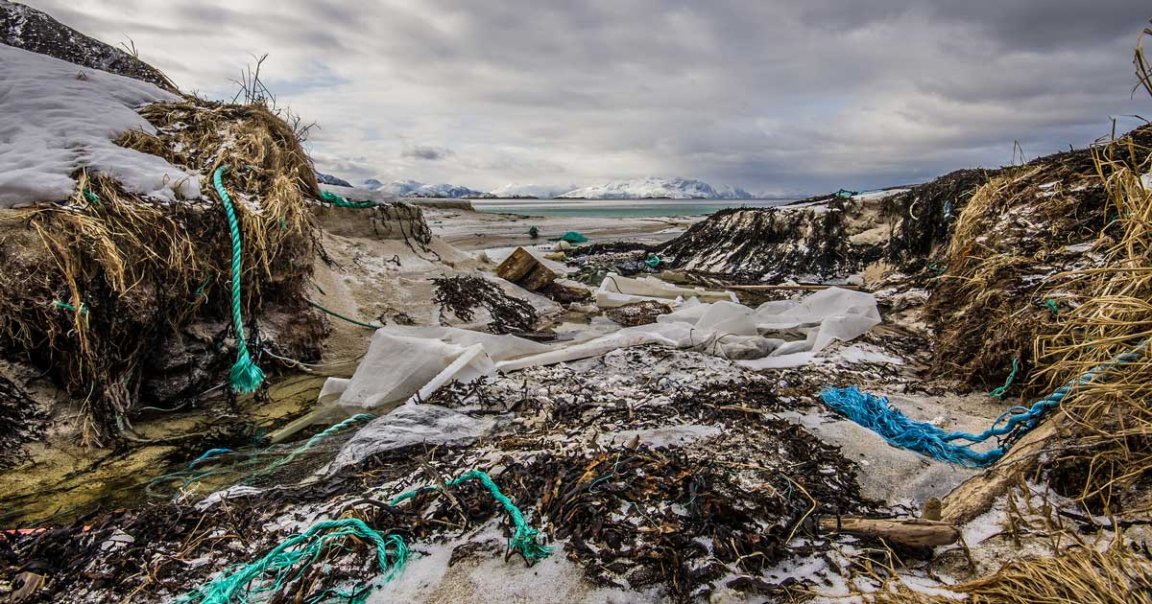
Plastic Pollution
It has been estimated that by 2021, humans will annually use as many as half a trillion plastic bottles. Our consumption and the production of single-use plastics is out of control, with over 8 million tons of plastic entering the world’s oceans every year. This growing problem threatens Earth’s ecosystems in a dire way, choking natural habitats and harming wildlife that come across it. However, governments and companies around the world are not standing idly by as this problem worsens.
In a recent move to curb plastic waste, the EU has launched an effort to ensure that all packaging throughout Europe is reusable or recyclable by the year 2030.
This decision comes hot on the heels of China deciding to ban the import of foreign recyclable materials. Facing the possibility that plastics could pile up as a result, EU officials are looking for ways to cut down on waste and plastic pollution overall. As part of this movement, Brussels has launched a plastics strategy that involves a €350m (£310m) investment in plastics research.
Frans Timmermans, vice-president of the Brussels commission, described the damaging effects of these plastics in an interview with The Guardian: “single-use plastics that take five seconds to produce, you use it for five minutes and it takes 500 years to break down again.”
The End of Plastic
The move to reduce single-use plastics has become a worldwide initiative. For instance, the Asian food chain Wagamama has stated that starting on Earth Day, April 22nd, they will no longer offer plastic straws. They will instead offer a biodegradable, paper alternative upon request. Additionally, the UK-based supermarket chain Iceland (not to be confused with the country) has announced that, by the end of 2023, it will either drastically reduce or completely eliminate the plastic packaging used with their brand-label products.
And in December, nearly 200 countries signed a United Nations resolution to eliminate plastic pollution in the ocean.
“If we don’t do anything about this, 50 years down the road we will have more plastic than fish in the oceans,” Timmermans told The Guardian. He added that, when it comes to the use of single-use plastics, “it is an issue of mentality.” Consumers will have to become accustomed to some of the products they have long relied on being phased out.
“[One] of the challenges we face is to explain to consumers that arguably some of the options in terms of the color of bottles you can buy will be more limited than before,” said Timmermans. “But I am sure that if people understand that you can’t buy that lively green bottle, it will have a different color, but it can be recycled, people will buy into this.”
As a part of this growing effort, the EU is assessing ways in which single-use plastics might be taxed. There have even been suggestions that, going forward, this could be a significant form of budget support.
These various efforts to reduce and eliminate plastic pollution are still in their early stages. However, such initiatives — and their ability to inspire further action — are essential in cleaning up our oceans and preventing a future in which planet Earth is but a mere landfill.